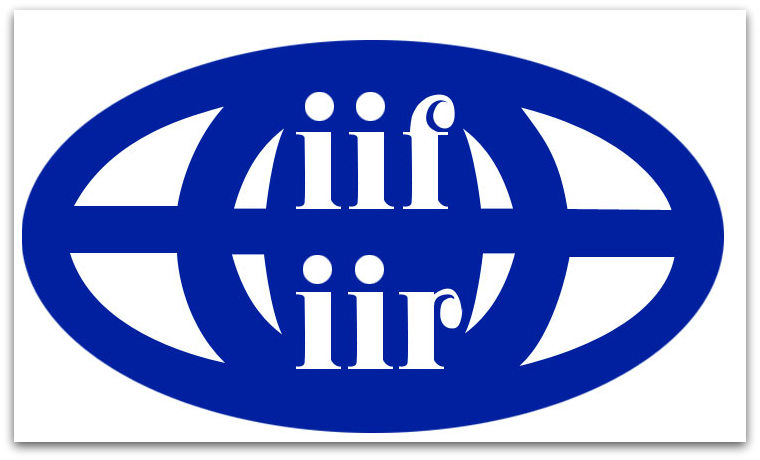Unsteady effects in cryogenic fuel pipelines of perspective aviation jet engines
DOI: 10.17586/1606-4313-2021-20-1-3-11
UDC 629.7.036.34, 532.526, 536.244
Kraev Viacheslav M., Aslanov Asvar R.
Keywords: cryogenic fuel, aero engines, non-stationary processes, hydrodynamic and heat transfer in channels.
UDC 629.7.036.34, 532.526, 536.244
Unsteady effects in cryogenic fuel pipelines of perspective aviation jet engines
For citation: Kraev V.M., Aslanov A.R. Unsteady effects in cryogenic fuel pipelines of perspective aviation jet engines. Journal of International Academy of Refrigeration. 2021. No 1. p. 3-11. DOI: 10.17586/1606-4313-2021-20-1-3-11
Abstract
The perspective for the use of cryogenic fuel for civil aircraft is discussed. Successful tests of cryogenic fuel for aviation jet engines were done in the USSR in the 90s of the XX century with liquid hydrogen. The authors proved efficiency of using liquid methane as an aviation fuel. The issues related to cryogenic fuels in civil aviation are analyzed. One of the serious problems in using liquid cryogenic fuels is the thermodynamically sensitivity of them to non-calculated heat transfer and hydrodynamics changes of fuel supply pipelines. An engine running on cryogenic fuel has the transient modes of operation. These transient modes are significantly unsteady. Several times’ change in fuel flow rate is considered as an alternative when switching to take-off mode. Based on the analysis of previous studies, the authors came to conclusion that it is necessary to apply unsteady model for unsteady processes in cryogenic fuel supply systems calculation. Results of the experimental research in Moscow Aviation Institute showed a significant, up to 2-3 times, change in heat exchange and hydrodynamics in fuel lines in transient modes of engine operation. The reason for this unsteady influence is a restructuring of the turbulent flow structure. This changes in turbulent flow structure results in an increase in the heat transfer and resistance coefficients when accelerating and to their decrease when decelerating. The authors calculated the limits for quasi-steady approach and gave recommendations for unsteady process in cryogenic pipelines calculation. The way to avoid the effect of hydrodynamic unsteadiness in the cryogenic fuel system is proposed. The authors consider it necessary to continue the research in order to create a model of unsteady turbulent flows in cryogenic liquids in channels.
Abstract
The perspective for the use of cryogenic fuel for civil aircraft is discussed. Successful tests of cryogenic fuel for aviation jet engines were done in the USSR in the 90s of the XX century with liquid hydrogen. The authors proved efficiency of using liquid methane as an aviation fuel. The issues related to cryogenic fuels in civil aviation are analyzed. One of the serious problems in using liquid cryogenic fuels is the thermodynamically sensitivity of them to non-calculated heat transfer and hydrodynamics changes of fuel supply pipelines. An engine running on cryogenic fuel has the transient modes of operation. These transient modes are significantly unsteady. Several times’ change in fuel flow rate is considered as an alternative when switching to take-off mode. Based on the analysis of previous studies, the authors came to conclusion that it is necessary to apply unsteady model for unsteady processes in cryogenic fuel supply systems calculation. Results of the experimental research in Moscow Aviation Institute showed a significant, up to 2-3 times, change in heat exchange and hydrodynamics in fuel lines in transient modes of engine operation. The reason for this unsteady influence is a restructuring of the turbulent flow structure. This changes in turbulent flow structure results in an increase in the heat transfer and resistance coefficients when accelerating and to their decrease when decelerating. The authors calculated the limits for quasi-steady approach and gave recommendations for unsteady process in cryogenic pipelines calculation. The way to avoid the effect of hydrodynamic unsteadiness in the cryogenic fuel system is proposed. The authors consider it necessary to continue the research in order to create a model of unsteady turbulent flows in cryogenic liquids in channels.
Keywords: cryogenic fuel, aero engines, non-stationary processes, hydrodynamic and heat transfer in channels.












